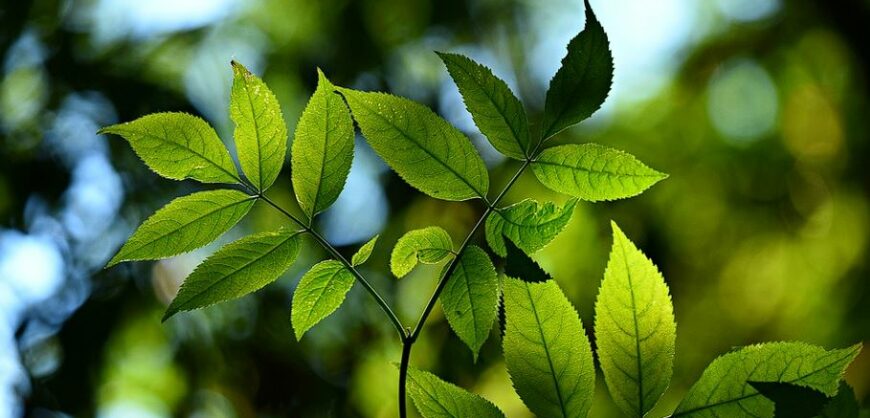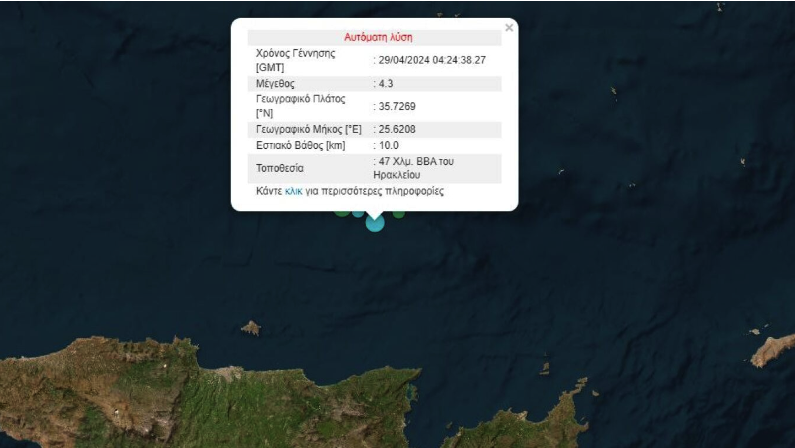One of the most well-studied chemical processes in nature, photosynthesis, may not work quite how we thought it did, scientists have accidentally discovered.
Photosynthesis is the process by which plants, algae and some bacteria convert carbon dioxide and water into oxygen and sugars to use as energy. To do this, the organisms use sunlight to oxidize, or take electrons from, water; and reduce, or give electrons to, carbon dioxide molecules. These chemical reactions require photosystems — protein complexes that contain chlorophyll, a pigment that absorbs light and gives plant leaves and algae their green color — to transfer electrons between different molecules.
In the new study, published March 22 in the journal Nature(opens in new tab), researchers used a new technique, known as ultrafast transient absorption spectroscopy, to study how photosynthesis works at a timescale of one quadrillionth of a second (0.000000000000001 second) for the first time. The team was initially trying to figure out how quinones — ring-shaped molecules that can steal electrons during chemical processes — impact photosynthesis. But instead, the researchers found that electrons could be released from photosystems much earlier during photosynthesis than scientists previously believed was possible.
“We thought we were just using a new technique to confirm what we already knew,” study co-author Jenny Zhang(opens in new tab), a biochemist specializing in photosynthesis at the University of Cambridge in England, said in a statement(opens in new tab). “Instead, we found a whole new pathway, and opened the black box of photosynthesis a bit further.”
more at livescience.com



































